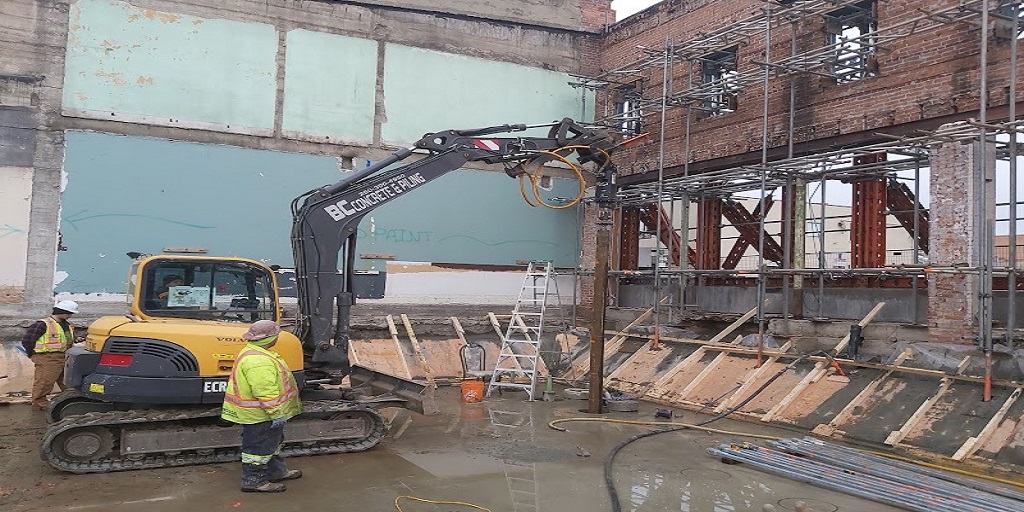
When you’re planning a construction project, it’s easy to focus on design, budget, and timelines. But there’s one factor that can make or break your foundation before it even starts—your soil. That’s right, the ground beneath your feet might be the most critical part of your build. And if you’re searching for helical pile installers near me, the first thing they’ll evaluate is your soil conditions.
Soil Isn’t Just Dirt—It’s a Dealbreaker or a Green Light
Soil type isn’t just a minor detail. It directly influences the installation process, equipment selection, load capacity, and long-term performance of your foundation system. While helical piles are known for their versatility, not all soils respond the same way during installation.
For example, soft clay soils might allow for smooth pile penetration but could pose long-term settlement risks if not properly assessed. Dense sands and gravels, on the other hand, may provide solid bearing capacity but can slow down installation and increase torque demands. Meanwhile, rocky or cobbled soils may require specialized pile tips or pre-drilling strategies.
That’s why it’s essential to choose helical pile installers who understand how different soil profiles impact installation and can adjust strategies accordingly.
Why a Soil Test Isn’t Optional
Before any reputable installer even touches your site, they’ll likely recommend a geotechnical soil investigation. Why? Because without knowing the soil’s bearing capacity, moisture content, density, and layering, the risk of future issues increases—think shifting structures, uneven floors, or even structural failure.
Many experienced helical pile installers will use this data to:
- Determine the number and depth of piles needed
- Choose the appropriate helix configuration
- Avoid costly mid-project surprises
Skipping this step might save a few dollars upfront, but it could cost much more in the long run if your foundation underperforms or fails.
Soil Type Affects More Than Just Engineering—It Affects Your Budget
Different soil conditions influence not just the technical aspects of installation but also the pricing. For example, sandy soils may allow for faster, easier installation, potentially lowering labour costs. On the flip side, installing helical piles in rocky or compacted soils might require more advanced equipment, additional torque, or longer installation times—each of which can drive up the cost.
That’s another reason why connecting with helical pile installers near me who offer transparent, site-specific quotes is essential. One-size-fits-all pricing models rarely work when soil variability is in play.
The Right Installer Makes All the Difference
Not all installers are equally equipped to deal with challenging soil conditions. Some may lack the equipment needed to install piles in harder ground. Others may not interpret soil data properly, leading to inaccurate depth or load assumptions.
What you want are helical pile installers who:
- Have experience working in a variety of soil types
- Use torque monitoring during installation to ensure load capacity
- Offer real-world solutions when surprises come up onsite
- Collaborate with engineers and geotechs when necessary
Because when it comes to soil, it’s not just about adapting—it’s about anticipating.
Don’t Let Your Soil Surprise You
It’s tempting to think of foundation work as routine. But the ground you’re building on is anything but. Soil conditions can make or break your project—dictating design, influencing cost, and determining long-term performance.
That’s why your first step should be finding helical pile installers near me who treat soil analysis as a core part of their process. With the right team, your foundation won’t just meet code—it’ll stand strong for decades to come.
For more information about Industrial Drilling British Columbia and Drilling Company Kelowna Please visit: ATLAS PILING.


